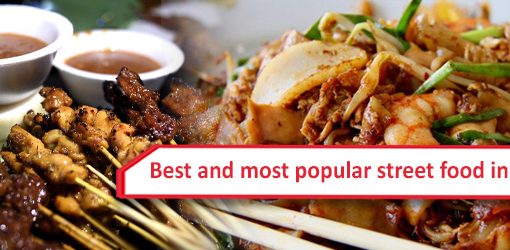Contents
How to set up and register for a food business from home in Singapore?
Small home-based businesses can be operated by residents without the URA’s and HDB consent. The property must still be used primarily for residential reasons, and any business activity cannot be disruptive to nearby residents. If not, you must stop doing business or find new space, such as a commercial unit.
Requirements to set up a home business
- Owners, registered occupiers, or tenants of the property must run the business (with consent from the property owners). They are prohibited from allowing outsiders to run a business out of their home, and no non-resident employees are allowed to work there.
- There cannot be any signs, banners, or posters on the residential property.
- No additional traffic should be brought to the area, and there shouldn’t be any negative effects on the neighborhood or the quality of life, such as noise, smoke, stench, litter, affluent, or dust nuisances, or any risk to the nearby residents.
- Use of large machinery or devices not intended for home use is prohibited.
- No frequent loading and unloading of products, especially large or awkward items, or using a residence as a distribution center.
- Activities need to abide by other authorities’ laws and regulations (e.g. Singapore Food Agency for food safety and hygiene, Fire Safety and Shelter Department for fire safety requirements)
Tips to run a safe environment
- Select the food carefully, Purchase your groceries from reputable and well-known retailers. Choose food that is still within the expiration window indicated on the packaging.
- By washing our hands frequently and maintaining a clean environment, we can avoid food contamination. In order to safeguard the health and well-being of your family, it is essential to practice good kitchen and personal hygiene habits.
- It is recommended that you keep your food goods in your freezers, refrigerators, and other cold storage units* at the appropriate temperatures. The freezers must be kept at -18 oC or below, while the refrigerators and chillers must be kept at 4 oC or lower.
How to Sell food online?
- In Singapore, the online sale of food through e-commerce platforms such as online markets, bricks and clicks1, social media networks, and food delivery services is becoming more common.
- E-commerce platforms2, which serve as a middleman between online food sellers3 and buyers, do not handle, cook, or otherwise process food, therefore they are currently exempt from operating license requirements.
- The responsibility to ensure that the food they sell was received from SFA-regulated sources and was prepared/processed in a safe and hygienic way that does not jeopardize food safety falls on food vendors who offer their products on e-commerce platforms.
Procedure to import or export food online
- Singapore requires all commercial food imports to originate from accredited restaurants in recognized nations. Additionally, only traders having an SFA license or registration are permitted to import commercial shipments of food.
- All imported produce is regularly inspected and tested by SFA. All produce-laden vehicles entering Singapore are recognized for inspection and dispatched to SFA-specified locations, such as the importers’ facilities or Pasir Panjang Wholesale Centre (PPWC).
- When requested by SFA, importers who do not appear for inspection will face enforcement action.
- Regular collaborative enforcement actions by SFA and other government agencies are also taken against delivery vehicles to ensure that only food products that have been cleared for import are let into Singapore.
- To ensure that food safety and security criteria are met, a multi-pronged strategy comprising licensing rules, compliance checks, and enforcement measures is used.


